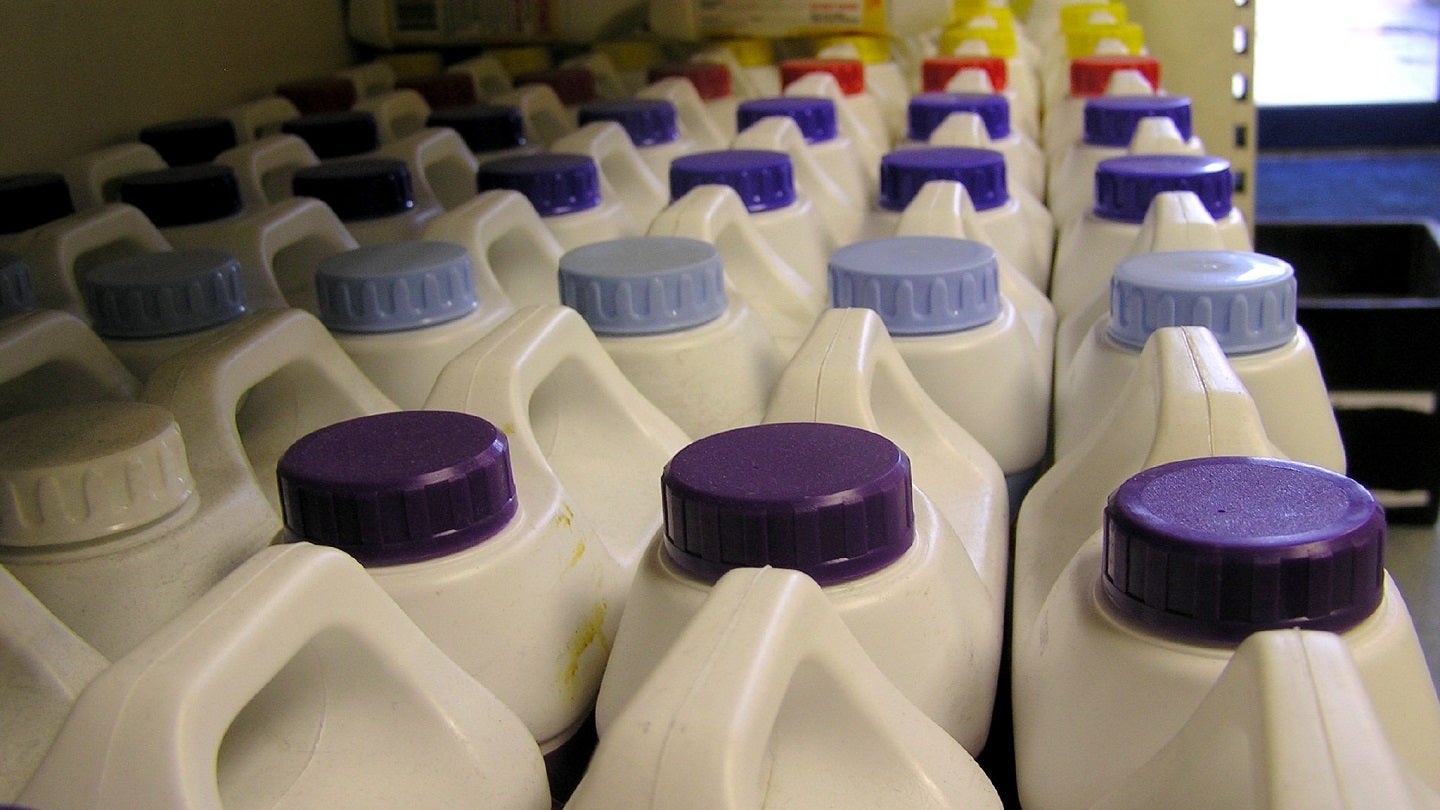
Sweden-based plastic producer Nexam Chemical has received the first patent for ‘Reactive Recycling’ technology.
The patent is applicable to businesses in Sweden while the process for corresponding patent protection in other countries is still in progress.
Reactive Recycling is a molecular tool that enhances recycling and increases the use of recycled polypropylene. It is said to be faster, simpler, and more cost-effective when compared to several other methods.
The solution, if used after the mechanical recycling process, enables the upcycling of plastic and reduces the use of virgin plastic in the manufacture of new products.
Nexam’s CTO Christer Svanberg said: “It is an important step towards a more circular economy and opens up completely new market areas for us.
“The patent proves our innovative ability to constantly develop new solutions so that the manufacturing industry can improve its sustainability.”

US Tariffs are shifting - will you react or anticipate?
Don’t let policy changes catch you off guard. Stay proactive with real-time data and expert analysis.
By GlobalDataNexam is a Nasdaq First North-listed company that invents, produces, and sells additives to the plastics industry across the globe.
The company’s technology helps in replacing metals and other heavier or more expensive materials with plastics in several applications.
In May this year, the company received its first production order worth SKr0.5m for the manufacture of thermoformed food packaging.
It has also been partnering with an Israel-based food packaging manufacturer since the beginning of last year to increase the amount of recycled PET in its products.



